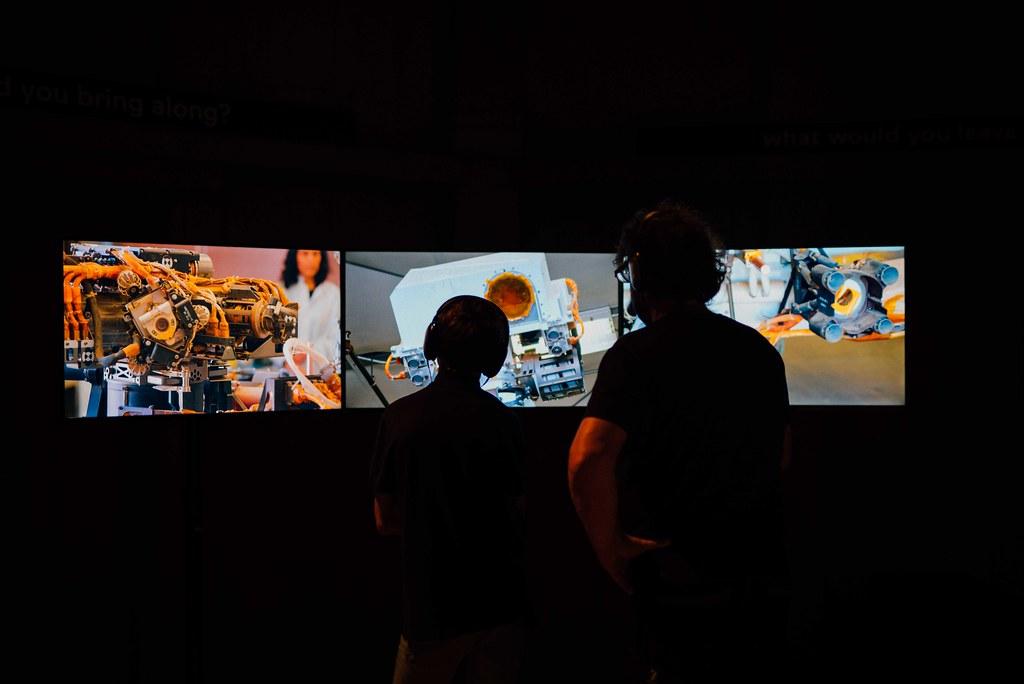Future Proof is a programme series exploring ideas about desirable futures and the ways in which those ideas are constructed. Which assumptions and prejudices, stories and sci-fi images influence our ideas about desirable futures? What do we know about future thinking, and how can it affect the present?
During the first episode of Future Proof, we will discuss 'futures literacy', and how to become 'futures literate' ourselves. We will imagine different futures and explore the questions that arise from them. Special guests and future thinkers Marleen Stikker and Nicklas Larsen will join us to offer their insights and practices. Please register for a free ticket.
The programme
19.30 hrs - Check in with the Polak Game: where do we stand? How do we see the future and how much impact do we have?
19.45 hrs - An introduction into different ways we use the future by Loes Damhof. The future doesn’t exist, but how we anticipate matters: it changes how we see the present.
20.00 hrs - Panel talk: Marleen Stikker and Nicklas Larsen offer their insights on how THEY see the future.
20.30 hrs - Now I wonder … in this interactive part we explore the questions that arise from these different futures.
On 'futures literacy'
Subconscious assumptions are often applied when planning, predicting and preparing for what is to come. Because when we think of the future, we use our experiences from the past. This has a large impact on individual and collective behavior, as we repeat past mistakes and unwittingly ‘innovate’ embodied narratives that exist within the status quo. To stretch our imagination and think beyond the obvious, we need to become 'futures literate': the ability to use the future to truly innovate the present. Imagining the future is a complex, but absolutely critical job, from healthcare to business to the climate. So, how do we do it? And what comes after that?
All over the world, change makers, social entrepreneurs, inventors, rebels and visionaries are looking to find new solutions for emerging problems. This is a promising development, but without first becoming aware of the subconscious bias and assumptions that limit our imagination, our ‘innovations’ continue to repeat past mistakes and may become part of the problem itself.
‘Futures Literacy’ was developed at UNESCO and put into practice in so-called Futures Literacy Laboratories all over the world since 2012. Hanze was the first university to apply this methodology and has been the world’s top educator in this field ever since.
About Future Proof
In the programme series Future Proof, you will get to know different perspectives on future thinking, and learn how reframing can help us identify assumptions. Together we think about ways to decolonise our futures.
Future Proof is organised by Waag in collaboration with Loes Damhof and Jitske Gulmans-Weitenberg, of the UNESCO Chair Futures Literacy at Hanze University of Applied Sciences. The programme series is part of the public programme of Waag’s Expeditions to planet B, in which research into desirable futures is central.


